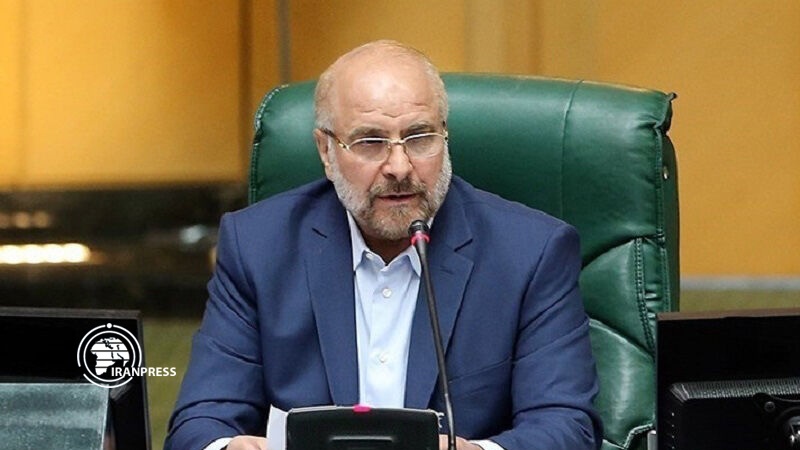Iran Joins BRICS: A New Chapter in Economic and Regional Collaboration
In an important step towards solidifying its position on the global stage, Iran has officially begun its participation in the BRICS summit. Mohammad Bagher Ghalibaf, Speaker of Iran’s Parliament, announced his attendance just before departing from Mehrabad Airport in Tehran. This participation marks a significant milestone, as it is Iran’s first official engagement in the summit since becoming a member of BRICS.
BRICS, an acronym for an association of five major emerging national economies—Brazil, Russia, India, China, and South Africa—has grown in influence as a counterbalance to Western economic powers. Iran’s accession to this bloc last year underscored its strategic pivot towards fostering stronger ties with emerging economies.
Iran’s Strategic Ambitions
Upon his departure, Ghalibaf highlighted the dual objectives of his visit: addressing regional issues and strengthening bilateral economic relations, particularly with Russia. "This opportunity comes at the invitation of the Speaker of the Federation Council of Russia," Ghalibaf noted, indicating the importance of this summit in fortifying Iran’s international partnerships.
During his visit, Ghalibaf is scheduled to engage in discussions with Russia and Central Asian countries, as well as Tanzania, with a keen focus on economic issues. These meetings are expected to pave the way for new economic frameworks and cooperation mechanisms that could benefit multiple countries involved.
Economic Cooperation and Policy
Ghalibaf emphasized that Iran’s attendance at the BRICS summit presents a "good opportunity to develop relations with member countries and expand financial relations." He elaborated that part of the agenda includes bilateral meetings aimed at finalizing agreements with Russia and other member states. Such agreements are seen as pivotal for Iran’s economic strategy and a way to align closely with BRICS’ objectives.
“Our strategy is a permanent policy with Russia, and it is an exceptional opportunity for Iran’s economy," he stated, shedding light on Iran’s long-term economic aspirations. By solidifying these relationships, Iran aims to create new avenues for economic growth and stability.
Countering Western Unilateralism
Ghalibaf also took the occasion to critique what he described as "Western unilateralism," suggesting that BRICS plays a crucial role in promoting a more balanced regional development and security structure. This sentiment has been resonating among BRICS member countries, which often seek to assert their independence from Western economic and political paradigms.
Looking Forward
As Ghalibaf embarks on this significant journey, he carries with him the hopes of advancing Iran’s economic interests and strengthening its geopolitical alliances. The outcomes of this summit could have far-reaching implications not only for Iran but also for the BRICS conglomerate and the broader international community.
This inaugural participation in the BRICS summit could usher in a new era of enhanced financial and political cooperation, aligning Iran more closely with the world’s emerging powers and diversifying its economic partnerships beyond traditional Western alliances.
For more information on BRICS and its expanding role in global economics, you can visit the official BRICS website.
